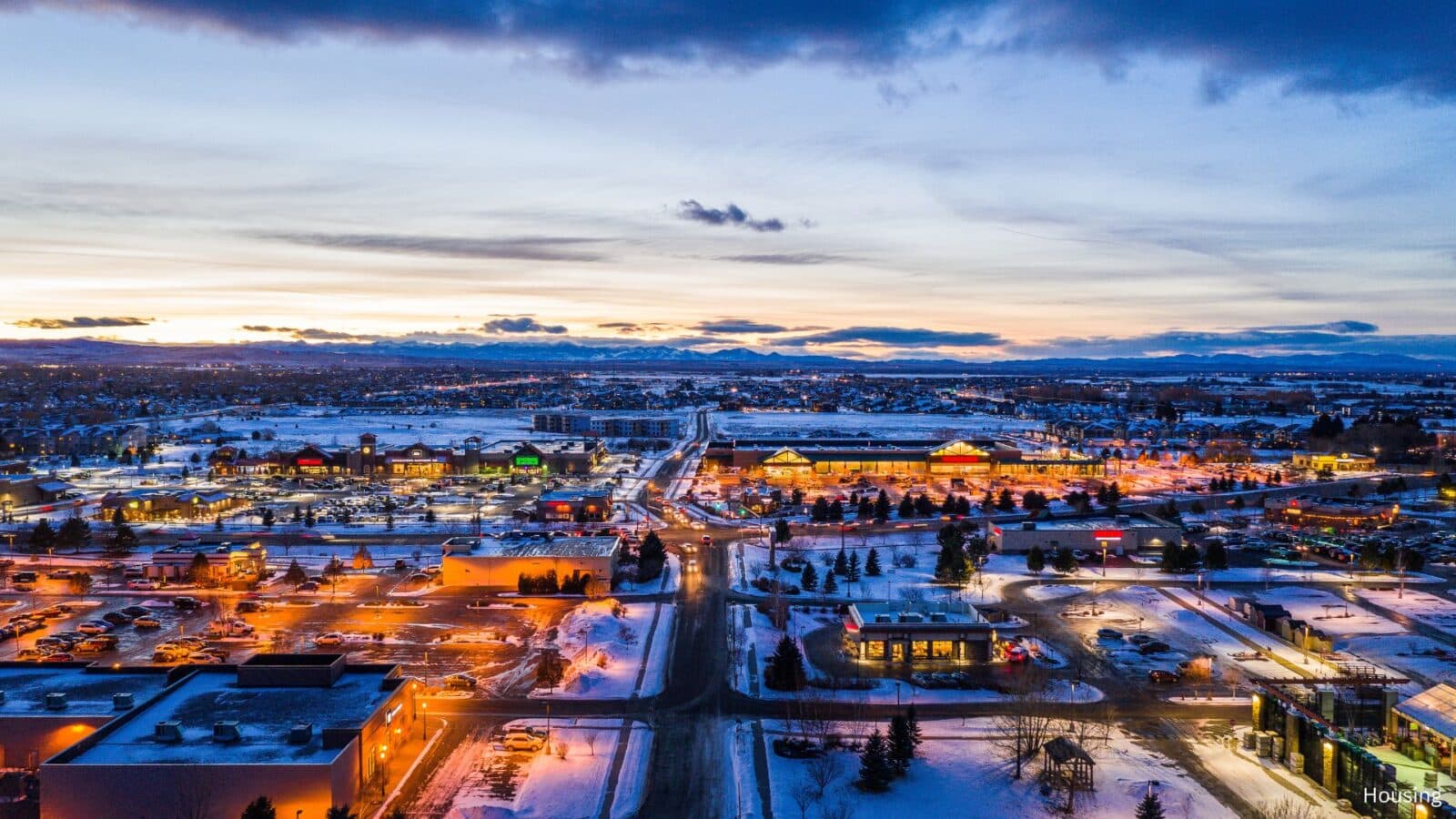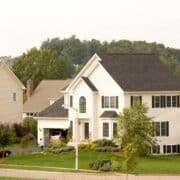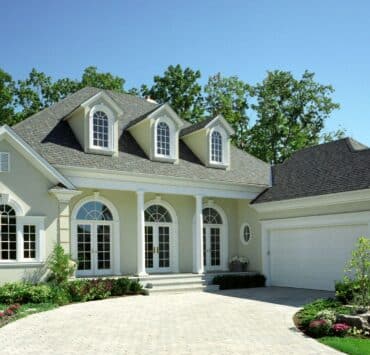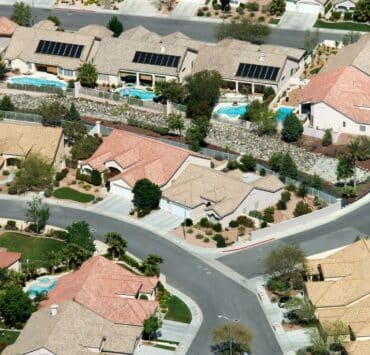The Montana housing market is hitting some serious roadblocks, with experts and locals alike calling it “frozen.” Soaring home prices, slow housing construction, and rising mortgage rates have created the perfect storm, keeping homeowners stuck where they are and making it tough for new buyers to break in.
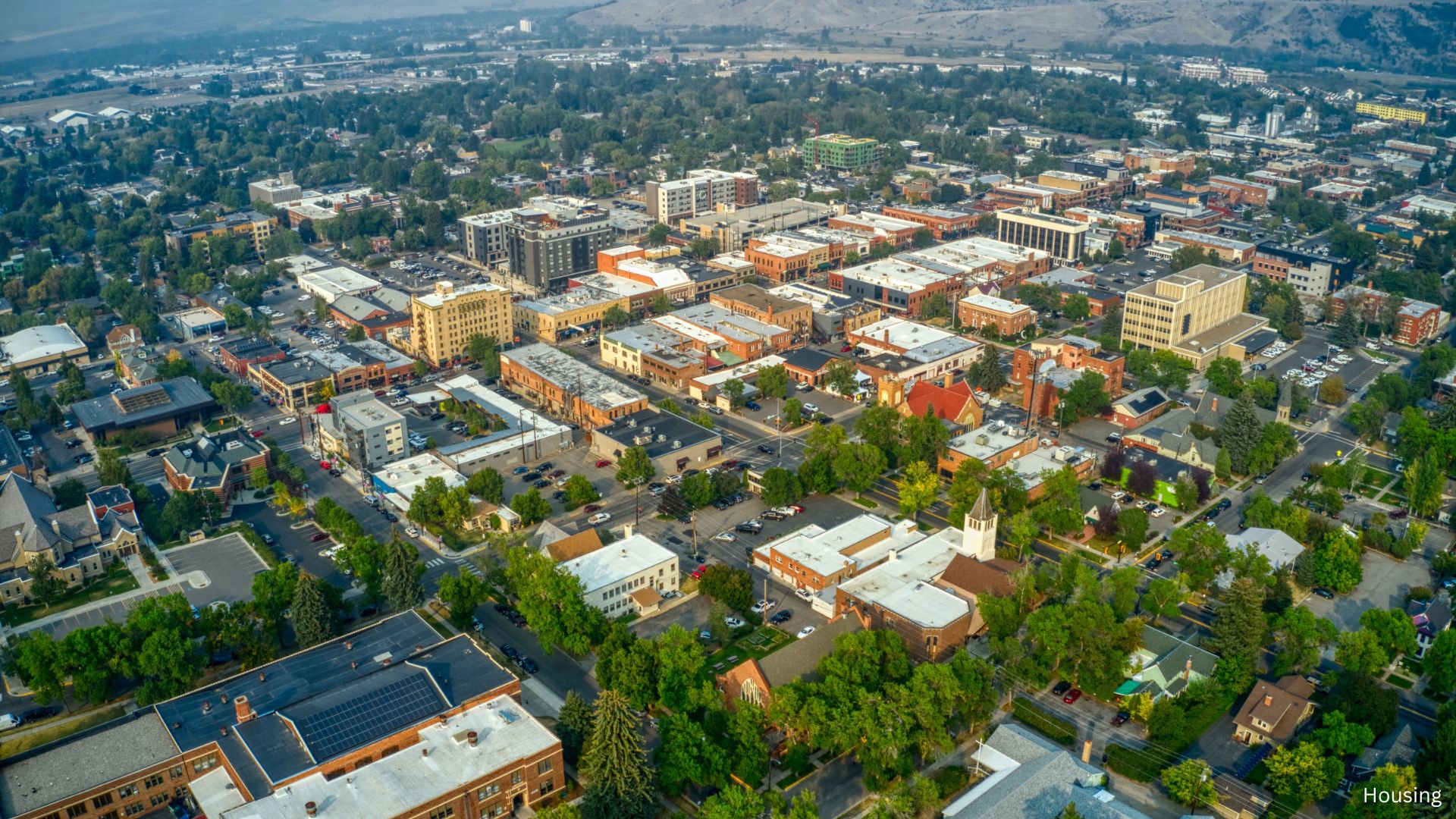
The Root of the Freeze
One striking statistic captures the gravity of the situation: nearly 80% of Montana homeowners have mortgage rates between 2% and 3%, according to a recent report by the Daily Montanan. With current mortgage rates significantly higher, many property owners are effectively “frozen” in place, unable to justify the higher monthly payments that would come with buying a new home.
This lack of mobility is compounded by Montana’s housing shortage, where demand has long outpaced supply. Over the past decade, median home prices in many Montana cities have more than doubled, turning what was once a relatively affordable housing market into one of the least affordable in the nation. Missoula Mayor Andrea Davis even noted, “Like many of you, I couldn’t afford my own home.”
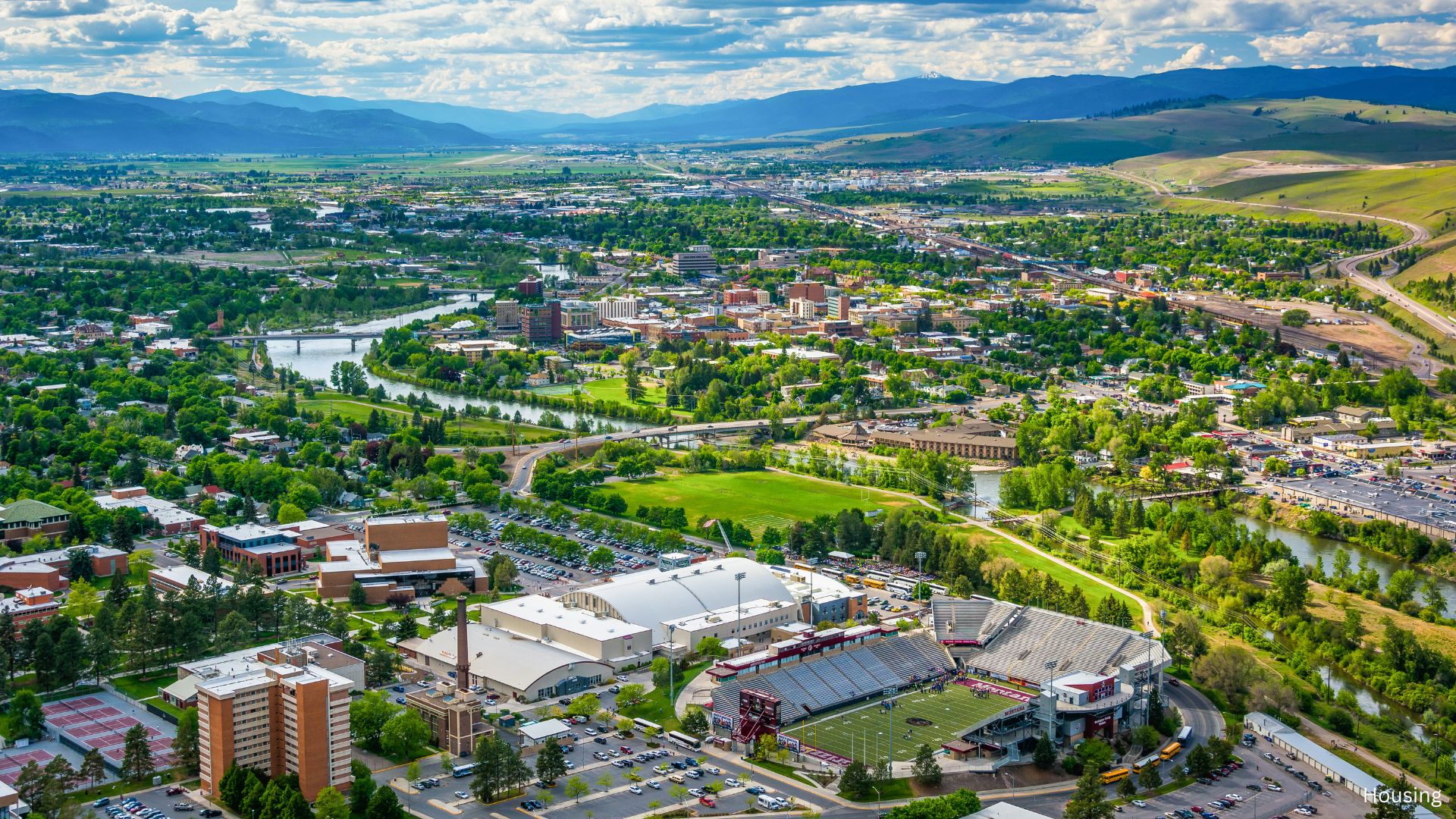
The Economic Ripple Effect
The Montana housing market crisis is not just a housing problem—it’s an economic development issue. Benjamin Horowitz, a speaker from the Minneapolis Federal Reserve Bank at a recent housing seminar hosted by the Burton K. Wheeler Center at Montana State University, explained how frozen housing markets hinder economic growth. Workers cannot move to new communities for better job opportunities, stalling both personal advancement and regional economic development.
Horowitz also highlighted the strong correlation between rising rents and homelessness rates, warning that unaffordable housing creates broader social challenges. The seminar, as reported by Daily Montanan, painted a bleak picture of Montana’s housing trends, revealing a 14,000-unit housing gap that would take years of continuous building to close.
Unique Challenges Under the Big Sky
Montana’s situation is unique compared to its neighboring states. While cities like Boise and Sioux Falls absorb most of their states’ population growth, Montana’s growth is more evenly distributed, with cities like Bozeman and Missoula leading the charge but smaller communities also feeling the pressure. The Daily Montanan notes that this widespread demand has driven home prices in Montana’s metro regions to their lowest affordability levels on record.
Further exacerbating the issue is Montana’s in-migration. Ranked fifth nationally for domestic migration, Montana attracts new residents from across the U.S., with Arizona, Colorado, and Nevada topping the list. However, despite the influx of people, housing production lags far behind, worsening the affordability crisis.
Breaking the Cycle
The challenges in the Montana housing market disrupt a traditional housing cycle where homeowners sell starter homes to upgrade to larger properties. With two-thirds of Montana homeowners locked into mortgage rates below 4%, this cycle has stalled. First-time buyers, in turn, struggle to find affordable options, further tightening the market.
Efforts to address the crisis, such as increasing housing production and exploring innovative housing solutions, are critical. Discussions at the Wheeler Center’s housing seminar outlined potential paths forward, including policy changes and incentives to encourage development. However, these solutions will require a concerted effort from policymakers, developers, and the community.
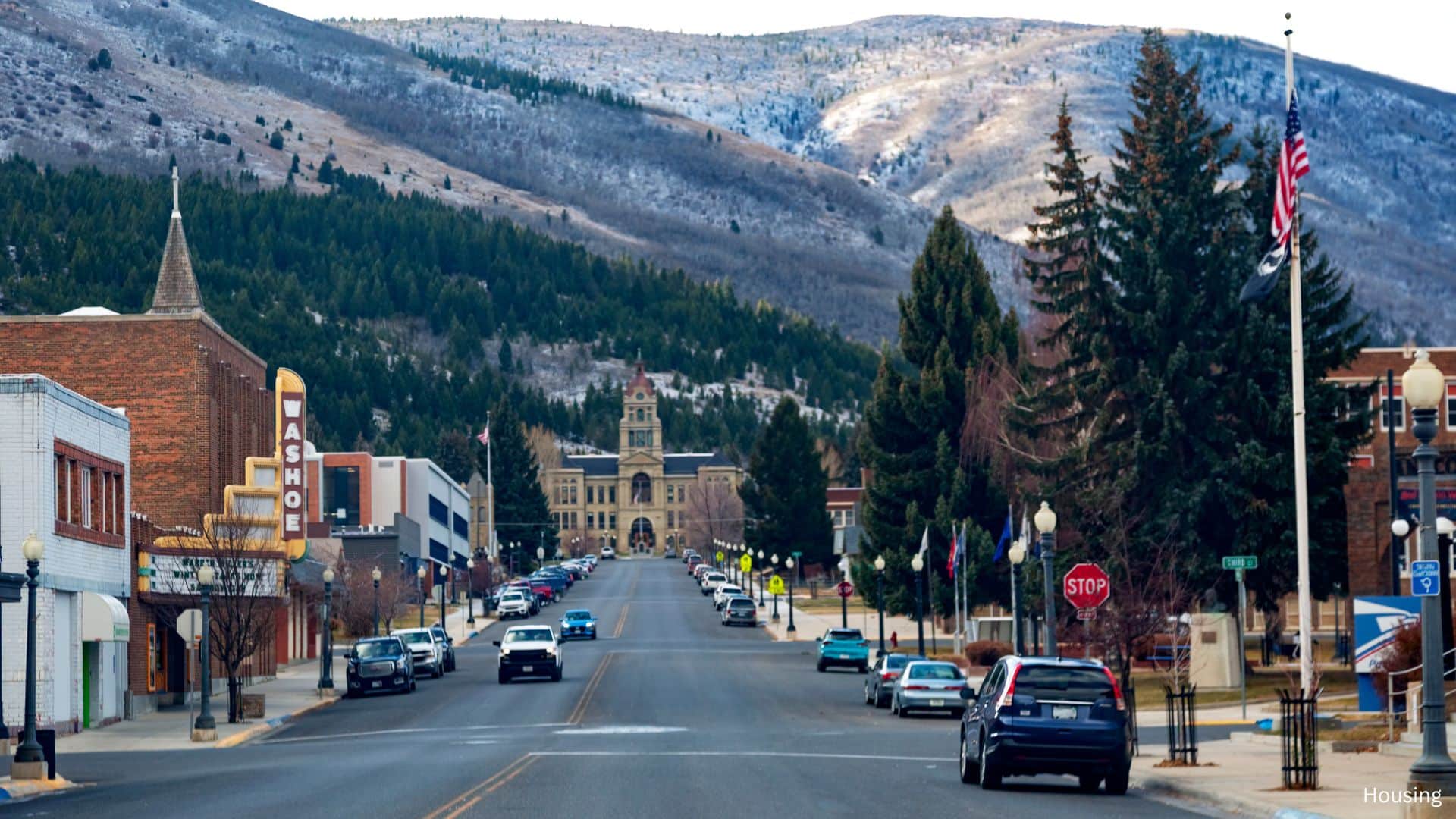
The Montana housing market stands as a case study in how affordability and housing production intersect to shape communities and economies. Without significant intervention, the state risks prolonging its frozen housing market, with ramifications for residents and businesses alike. As the Daily Montanan reports, tackling these challenges requires innovative thinking and collaboration to thaw Montana’s housing freeze and make the state livable for all.
Related posts:
 September Pending Home Sales See Biggest Increase Since 2023
September Pending Home Sales See Biggest Increase Since 2023
 Homes With Low Natural Disaster Risk Are Rising in Value Faster Than High-Risk Properties
Homes With Low Natural Disaster Risk Are Rising in Value Faster Than High-Risk Properties
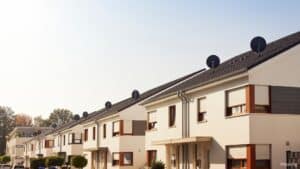 2024 Election Impact on the Housing Market
2024 Election Impact on the Housing Market
 Understanding the Housing Struggles of Gen Z and Millennials in Today’s Market
Understanding the Housing Struggles of Gen Z and Millennials in Today’s Market
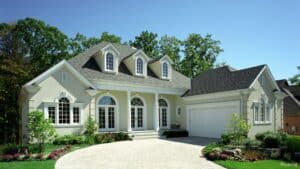 Southwest Housing Market Trends in 2025: What to Expect
Southwest Housing Market Trends in 2025: What to Expect
